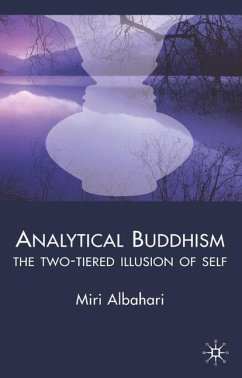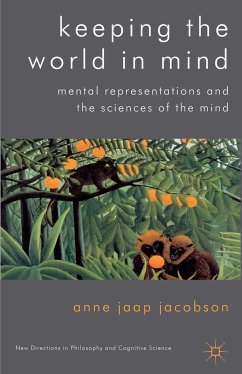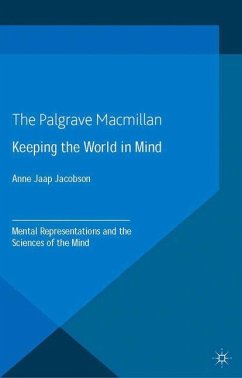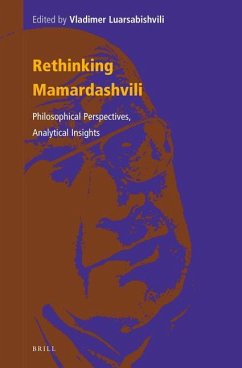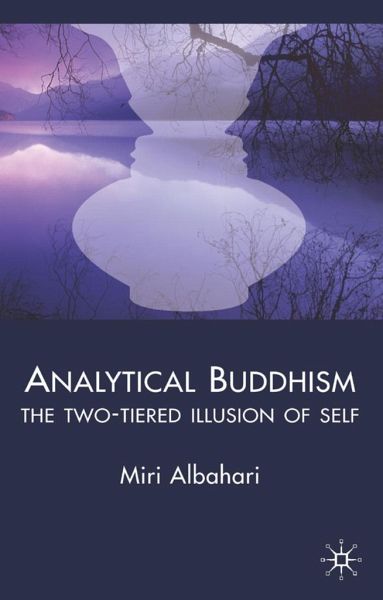
Analytical Buddhism
The Two-Tiered Illusion of Self
Versandkostenfrei!
Versandfertig in 6-10 Tagen
83,99 €
inkl. MwSt.
Weitere Ausgaben:

PAYBACK Punkte
42 °P sammeln!
We spend our lives protecting an elusive self - but does the self actually exist? Drawing on literature from Western philosophy, neuroscience and Buddhism (interpreted), the author argues that there is no self. The self - as unified owner and thinker of thoughts - is an illusion created by two tiers. A tier of naturally unified consciousness (notably absent in standard bundle-theory accounts) merges with a tier of desire-driven thoughts and emotions to yield the impression of a self. So while the self, if real, would think up the thoughts, the thoughts, in reality, think up the self.
Does the self - a unified, separate, persisting thinker/owner/agent - exist? Drawing on Western philosophy, neurology and Theravadin Buddhism, this book argues that the self is an illusion created by a tier of non-illusory consciousness and a tier of desire-driven thought and emotion, and that separateness underpins the self's illusory status.





